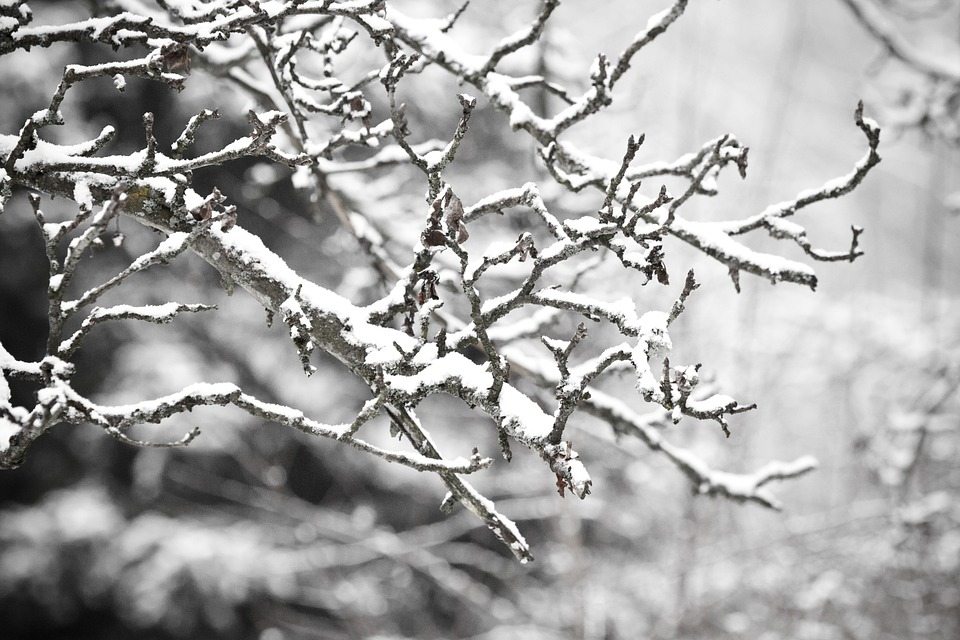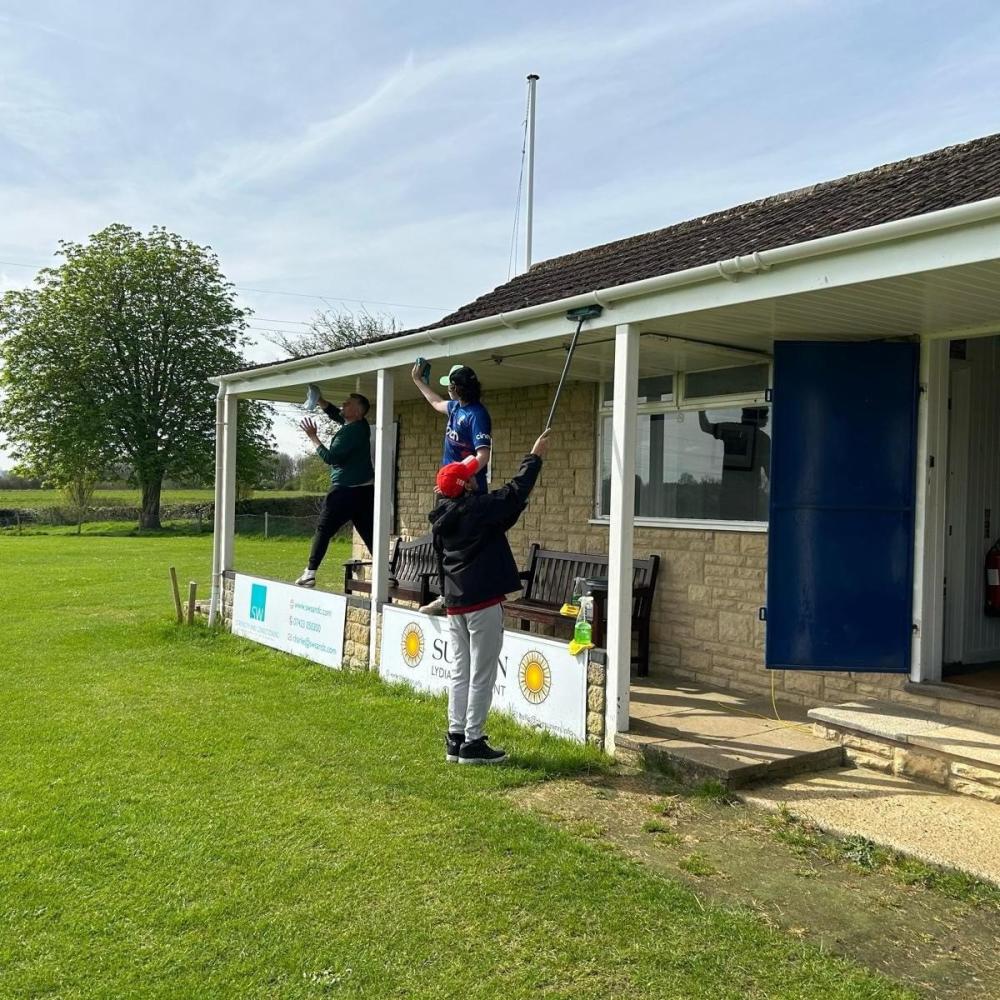With a Siberian blast of cold weather continuing over the coming days, Dorset & Wiltshire Fire and Rescue Service has issued advice to local people on the best ways to stay safe and warm.
Area Manager Craig Baker said: “The Met Office is warning of an exceptionally cold snap over the next few days and, as it gets colder, it's inevitable that people will spend more time indoors staying as warm as possible. Using additional heating is understandable, but this can increase the risk of fire. By following some simple rules, you can stay safe and warm. “We are here to help and offer advice. If you are in doubt over any fire safety issues, please do get in touch, and always remember to test your smoke detector every week, as working smoke detectors save lives." Open fires can provide a relaxing and atmospheric way to keep warm, whereas portable heaters are handy to move around - but it's important to use them safely:
- Always use a fire guard to protect against flying sparks and hot embers from an open fire.
- Use a metal container to store any ashes.
- Make sure ashes are not left near any potentially flammable objects.
- Ensure ashes are completely out before disposing.
- Make sure embers are under control and properly extinguished before you go out or go to bed.
- Get your chimney swept regularly.
- Keep portable heaters away from curtains and furniture and never use them for drying clothes.
- Always unplug electric heaters when you go out or go to bed.
- Gas fires should be serviced every year by a competent engineer.
Electric blankets can help you keep warm during the cold nights, but they can be a danger if not used properly - 440 injuries result from every 1,000 fires started by an electric blanket:
- Never use hot water bottles in the same bed as an electric blanket, even if the blanket is switched off.
- Unplug blankets before you get into bed, unless they have a thermostat control for safe all-night use.
- Don't fold up electric blankets as this damages the internal wiring. Store them flat or rolled up instead
The adverse weather could also affect driving conditions, especially if there is snowfall as forecast. Area Manager Baker said: “There are basic safe driving principles which apply in all adverse conditions, but especially when there is ice or snow. We would urge people to follow the forecasts and abide by any travel advice that is issued as the week progresses. The following advice is worth bearing in mind:
- Slow right down – if visibility is poor or the road is wet or icy, it will take you longer to react to hazards and your speed should be reduced accordingly. If you have a temperature gauge in your vehicle that is showing zero degrees or below, then presume that the roads will be icy.
- Maintain a safe gap behind the vehicle in front – stopping distances are double in the wet and ten times greater in icy weather. The gap between you and the vehicle in front is your braking space in a crisis.
- Look out for vulnerable road users – be aware that people on foot, bicycles, motorbikes and horses are harder to spot in adverse weather and in the dark. Drive as though someone could step out in front of you at any time.
- Look out for signs warning of adverse conditions – including fixed signs, such as those warning of exposure to high winds, and variable message signs on motorways that warn of fog, snow and which may display temporary slower speed limits.
- Stay in control – avoid harsh braking and acceleration, and carry out manoeuvres slowly and with extra care.
- Use lights – put lights on in gloomy weather or when visibility is reduced. Only use front and rear fog lights in dense fog.
- Listen to travel news on local radio so you know where problem areas are.
- Make sure you have an emergency kit in your car, including ice scraper and de-icer, warm clothes, a torch, jump leads, a car charger for your mobile phone and food/drink.
A full range of advice for staying safe at home and on the roads can be found at www.dwfire.org.uk/get-ready-winter










Your Comments
Be the first to comment on this article
Login or Register to post a comment on this article